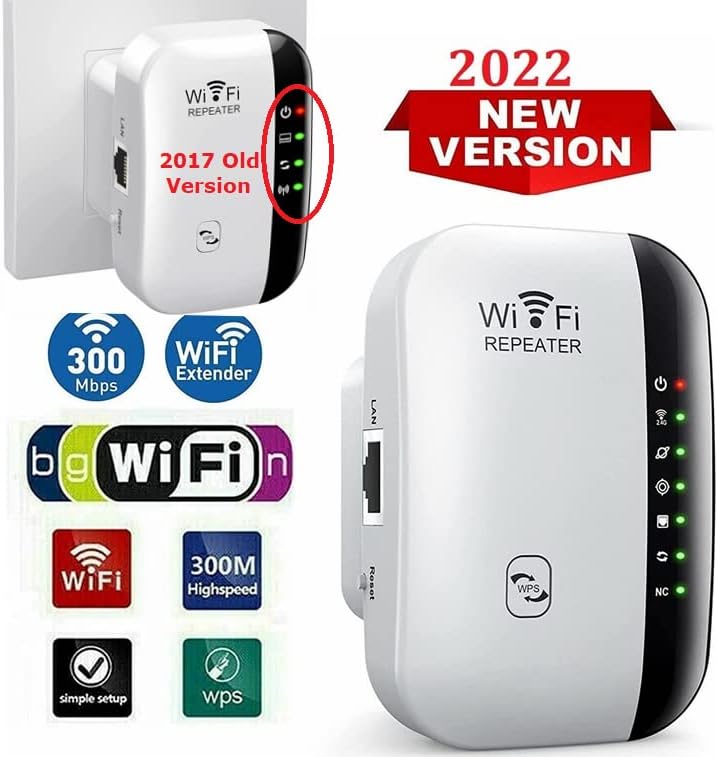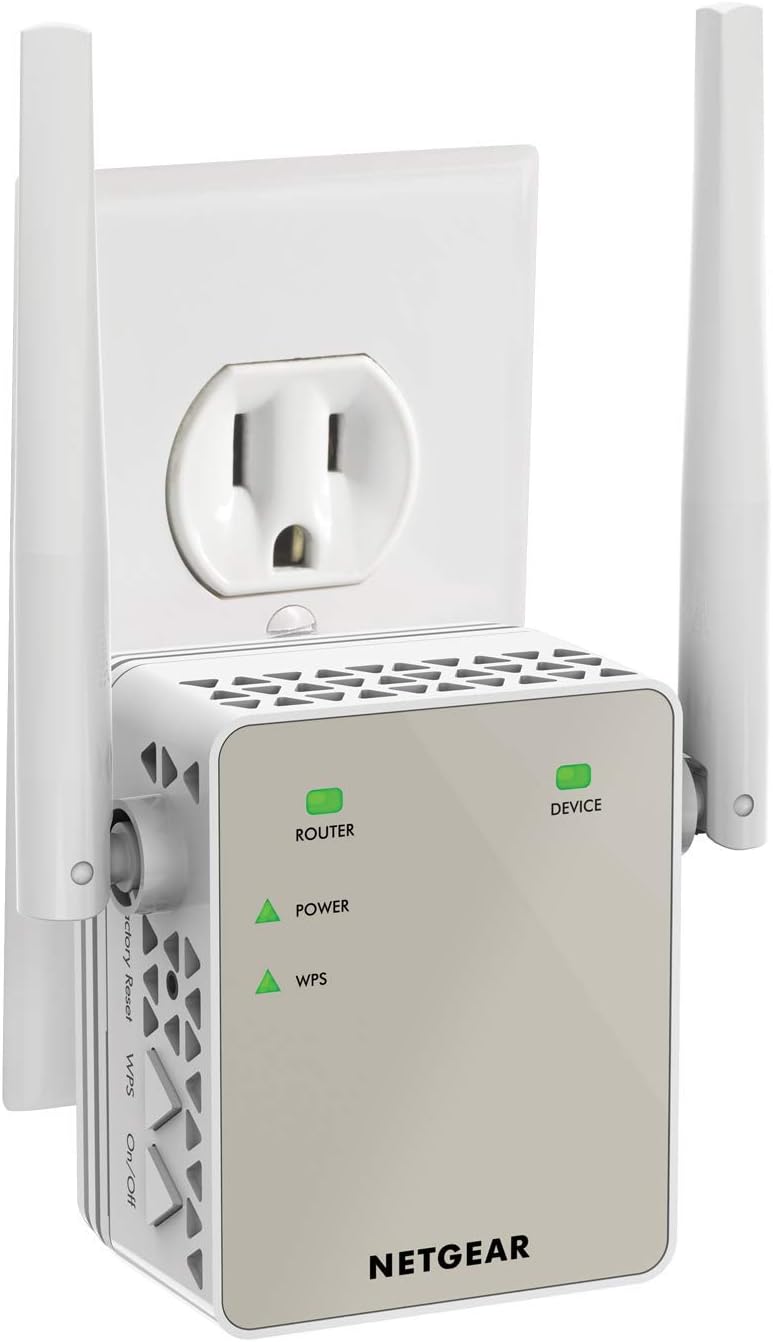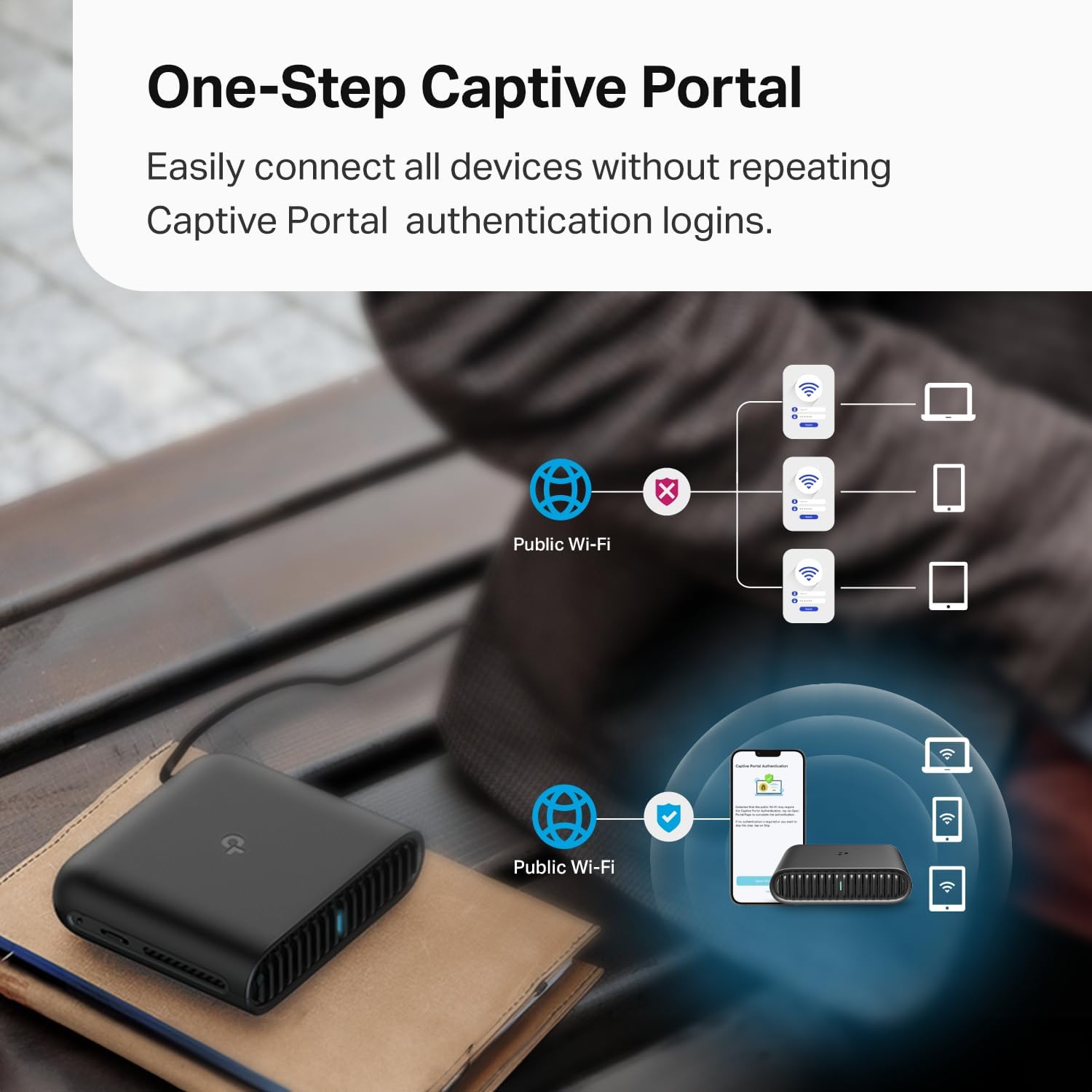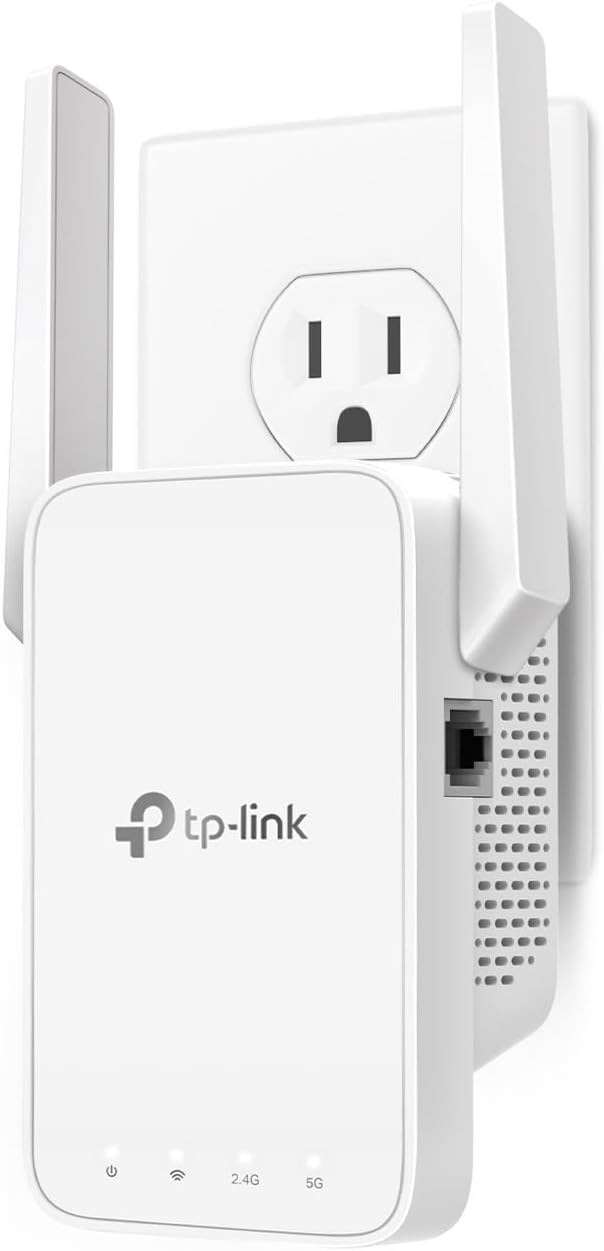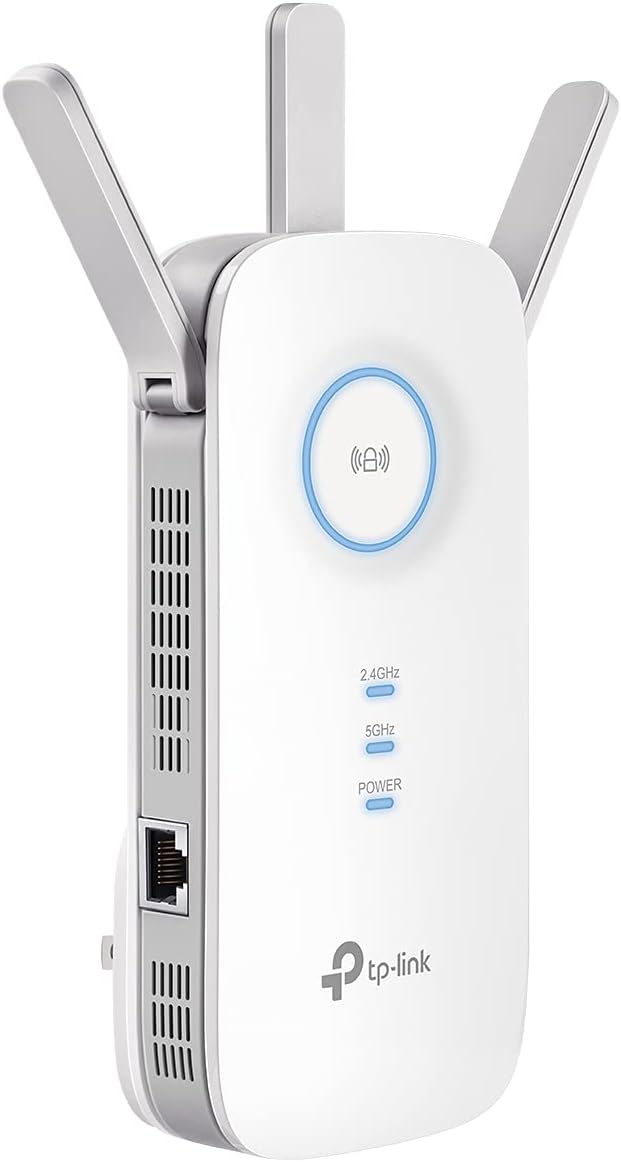Discovering Local Internet Providers
Steps to Locate Internet Providers:
-
Websites like BroadbandNow (https://www.broadbandnow.com/) and the FCC’s Broadband Map (https://www.fcc.gov/reports-research/maps/)allow you to enter your zip code or address to see a list of available providers. These tools offer insights into service types, speeds, and customer ratings.
-
Engage with community forums or social media groups to get recommendations. Local residents can provide feedback on service reliability and customer support experiences.
-
Visit major providers’ websites, such as AT&T, Verizon, and Spectrum, to check service availability at your address. These sites often offer detailed information on plans and pricing.
Understanding Comcast Internet Plans
Key Features of Comcast Plans:
-
Diverse Speed Options: Comcast offers plans ranging from basic to high-speed gigabit options, ensuring that users can select a plan that suits their internet usage, whether it’s for casual browsing or extensive streaming.
-
Affordable Senior Packages: Comcast provides special packages and discounts tailored for seniors, making high-quality internet access more affordable. These plans often include essential features like security software and customer support.
-
Bundled Services: Individuals can save money and enjoy convenience by bundling internet with TV and phone services. This option simplifies billing and often includes additional benefits.
Exploring 5G Internet Plans
Advantages of 5G Plans:
-
High-Speed Connectivity: 5G provides significantly faster download and upload speeds compared to traditional broadband, enhancing activities like video streaming and online gaming.
-
Low Latency: Reduced latency is crucial for real-time applications, such as video conferencing, ensuring smooth and uninterrupted communication.
-
Flexibility and Mobility: 5G’s wireless nature allows for easy setup and mobility, making it a convenient choice for those who need internet access without extensive wiring.
Comparing Home Internet Providers
Comparison Factors:
-
Speed and Reliability: Ensure the provider offers the speed you need and has a reputation for reliable service, crucial for uninterrupted browsing and streaming.
-
Cost and Contract Terms: Compare plan costs, including any hidden fees, and understand contract terms. Look for providers with flexible, no-contract options if preferred.
-
Customer Support: Quality customer service can make a significant difference, especially if you encounter technical issues.
-
Additional Features: Some providers offer additional perks, such as security packages or free equipment rentals, which can add value to your plan.
How to Choose the Right Internet Plan
-
Evaluate Your Internet Usage: Determine how you use the internet—browsing, streaming, video calls—and choose a plan that supports those activities.
-
Set a Budget: Consider what you’re willing to spend monthly and look for plans that offer value within that budget.
-
Consider Future Needs: Choose a plan that can accommodate future demands, such as additional users or smart home devices.
Maximizing the Use of Local Internet Providers
-
Optimal Router Placement: Place your router centrally in your home to ensure a strong signal throughout.
-
Regular Equipment Updates: Keep your router and other devices updated to maintain performance and security.
-
Monitor Usage: Regularly check your internet usage to ensure you’re on the right plan and not overspending.
